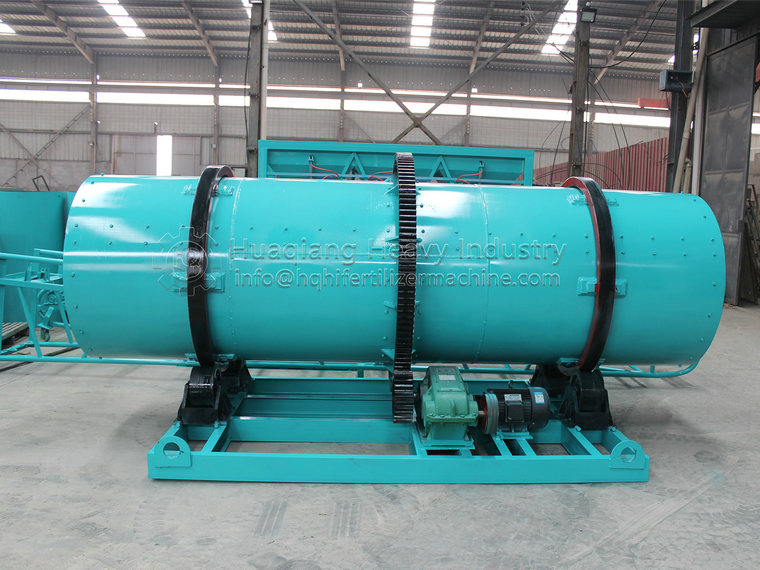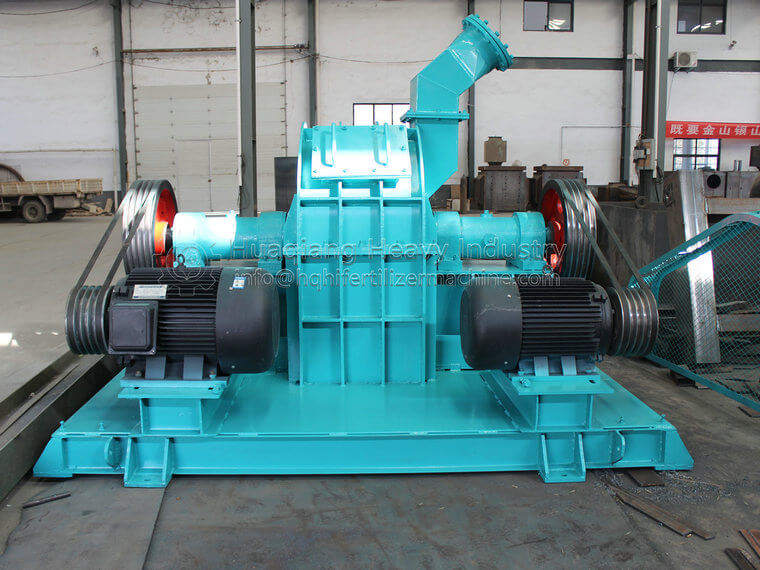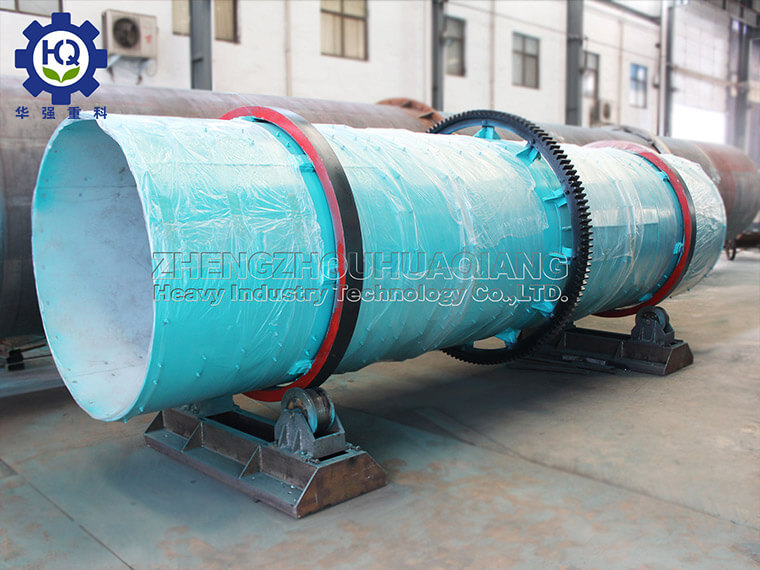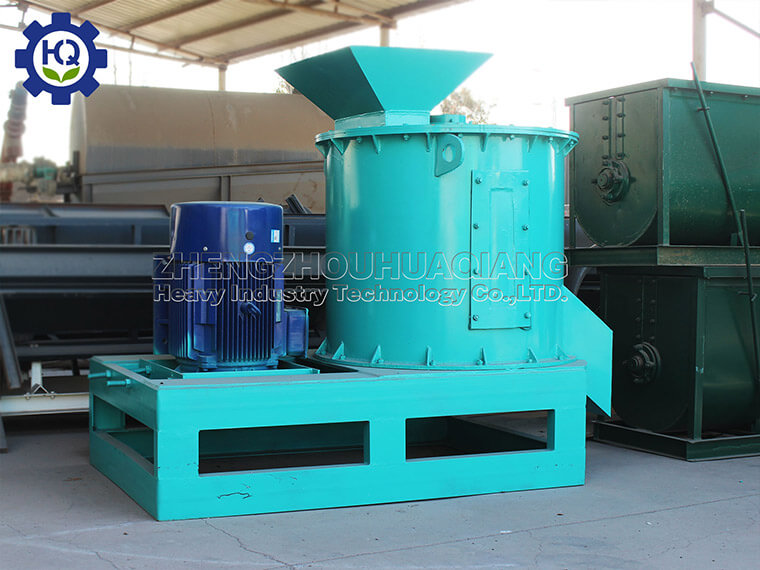Disc granulator and drum granulator are two commonly used organic fertilizer granulation equipment, which have significant differences in structure, working principle, scope of application, and performance. Here are their main differences in performance:
Structure and working principle:
Disc granulator: The granulation process of the disc granulator mainly occurs inside the inclined disc, and the material rolls into balls under the centrifugal force of the disc rotation. The tilt angle and rotational speed of the disc can be adjusted to control the size and shape of the particles.
Drum granulator: The drum granulator forms particles by rotating and rolling materials inside a rotating cylinder. There are usually specific structures inside the drum, such as screw propellers, to promote the formation and uniform distribution of particles.
Particle shape and strength:
Disc granulator: tends to produce more regular and round particles with uniform shape and size, and moderate strength.
Drum granulator: The particles produced may be more irregular, but by optimizing the internal structure and operating parameters of the drum, particles with higher strength and better wear resistance can be produced.
Applicable materials:
Disc granulator: more suitable for processing materials with low moisture content and moderate viscosity, such as dry organic waste.
Drum granulator: capable of processing a wider range of materials, including high humidity and high viscosity materials such as certain types of sludge, high humidity organic waste, etc.
Production capacity and energy consumption:
Disc granulator: usually suitable for medium and small-scale production, with relatively low energy consumption.
Drum granulator: suitable for large-scale production, with large production capacity, but relatively high energy consumption.
Equipment maintenance and operation:
Disc granulator: The structure is relatively simple, and maintenance and operation are relatively convenient.
Drum granulator: The structure is complex, and maintenance and operation are relatively complicated, requiring regular inspection and maintenance of the internal structure of the drum.
Cost and return on investment:
Disc granulator: With relatively low initial investment costs, it is suitable for producers with limited budgets.
Drum granulator: The investment cost is relatively high, but in the long run, due to its high efficiency and large production capacity, it may have a better return on investment.
The choice between disc granulator and drum granulator should be determined based on comprehensive factors such as production demand, material characteristics, budget, production scale, and long-term planning. In practical applications, it may be necessary to combine these two devices to achieve the best granulation effect and production efficiency.







.jpg)
.jpg)